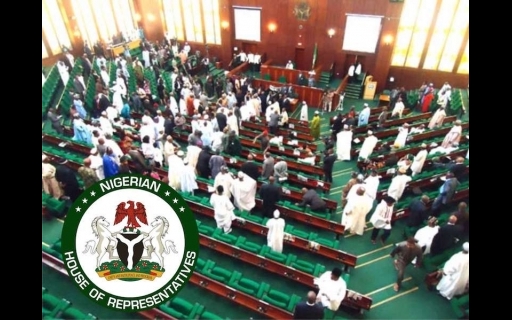House of Representatives Committee on the National Agency on Food, Drugs Administration, and Control (NAFDAC) has suspended the ban on the sale of spirits and alcoholic drinks in sachets and pet bottles until further investigation is conducted.
This decision came after a public hearing in Abuja, where Rep Regina Akume, the Committee Chairperson, emphasized the importance of proper procedures and access control to prevent children and youths from accessing these alcoholic products.
Regina, in a statement issued over the weekend, stressed that the committee’s primary concern is ensuring the effectiveness of NAFDAC, while also considering employment creation and economic growth.
She reiterated the committee’s commitment to finding a balanced approach between NAFDAC’s regulations and the interests of manufacturers, prioritizing public safety, particularly that of children.
NAFDAC’s Director General, Prof. Mojisola Adeyeye reiterated that the initial ban was implemented to safeguard the health and well-being of vulnerable groups, including children and youths.
She expressed disappointment at the mounting resistance from manufacturers despite the agreement reached, citing the alarming increase in underage alcohol consumption and its potential links to drug abuse.
But, the Director General of the Manufacturers Association of Nigeria (MAN), Segun Ajayi-Kadir emphasized the need for collaboration in addressing the issue of underage access to alcohol. He cautioned against the counterproductive effects of a blanket ban, suggesting that it could inadvertently promote the illicit drug market.
The MAN boss stressed the importance of collective efforts to tackle underage access, noting that sachets and pet bottles are intended for adult consumption while urging cooperation between NAFDAC and manufacturers to find solutions that prioritize public health while preserving market dynamics.
“We have realised that there is a process to get there but banning the product will be counterproductive. This is because you are going to open the market to producers of illicit drugs, and these are people you cannot control,” he had argued.
